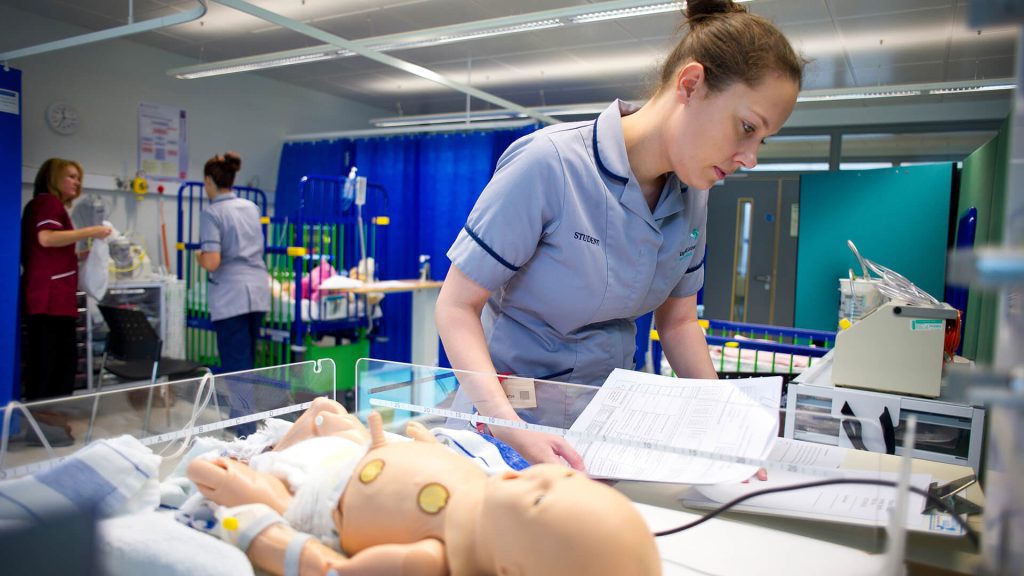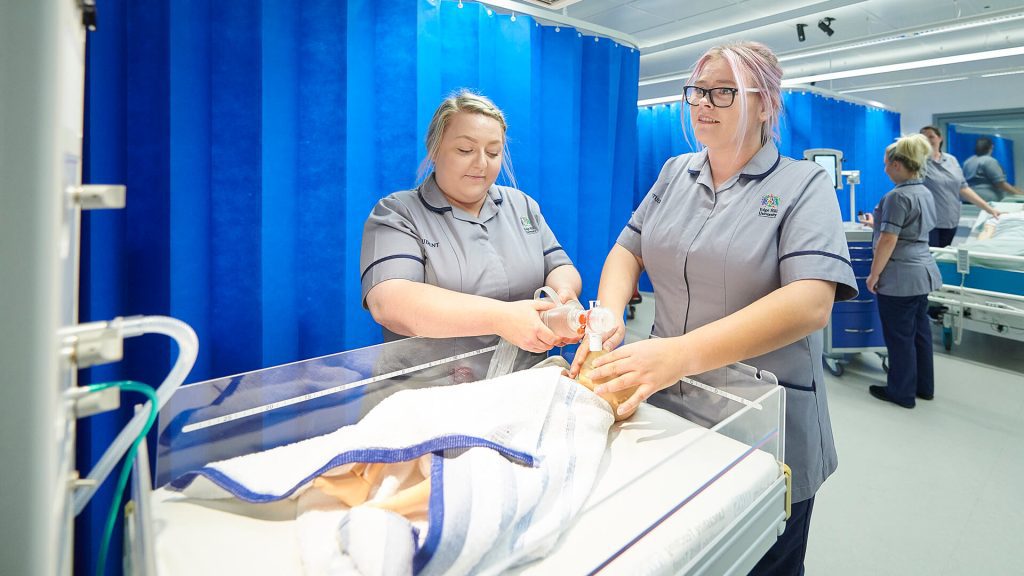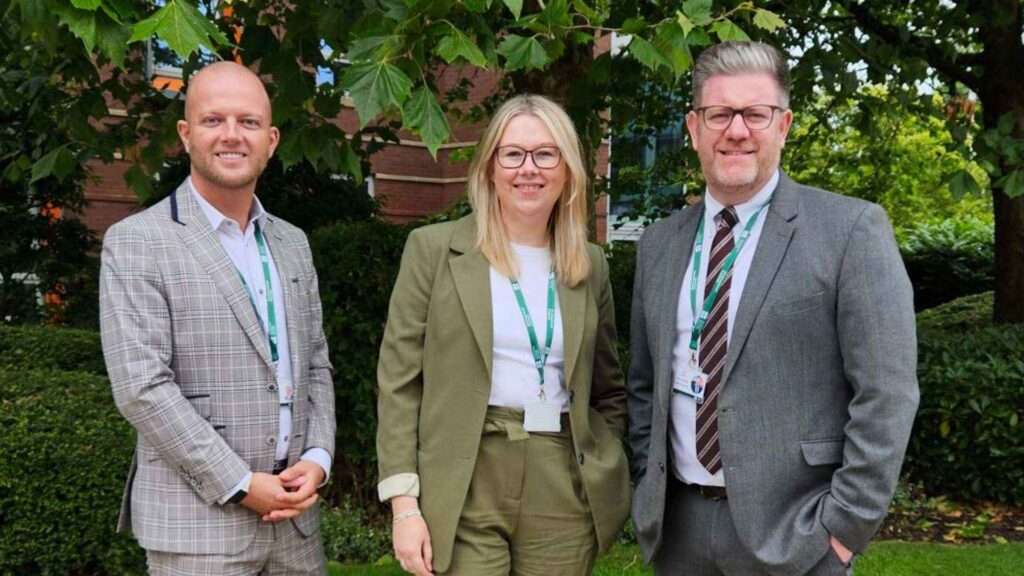Midwifery MSc
Want to support women and birthing people through maternal and neonatal care? Look after people with complex care needs? Join our pathway for qualified nurses in adult care seeking dual registration as a midwife with the Nursing and Midwifery Council.
This course is now closed to applications for March 2025.
Overview
| Course length: | 20 months full-time |
|---|---|
| Start dates: | March 2026 |
| Location: | Edge Hill University |
| Example offers: | Current registration with the Nursing and Midwifery Council as a Registered Nurse (Adult) and at least 12 months full-time (or equivalent) post-registration experience of general care. View full entry criteria |
| Subject(s): | Midwifery |
| Faculty: | Health, Social Care and Medicine |
| Department: | Nursing and Midwifery |
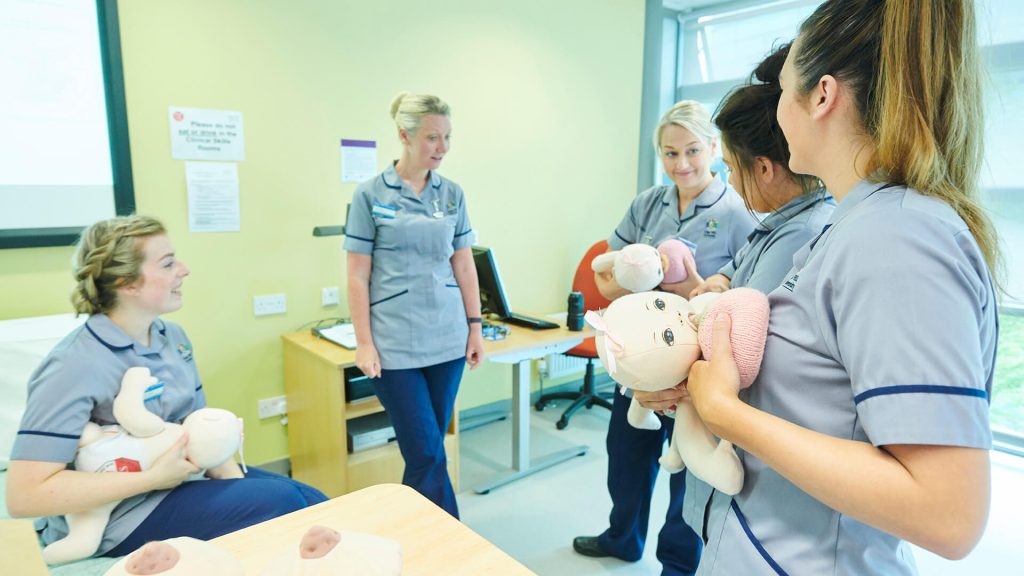
Are you a qualified nurse seeking dual registration as a midwife? Do you have a minimum of one year’s practice in adult nursing? Do you want to help families by becoming a confident, effective and compassionate midwife? Then this comprehensive MSc Midwifery degree, accredited by the Nursing and Midwifery Council, is just right for you.
We’ve designed this course to make the transition to the field of midwifery – and postgraduate study – as smooth as possible. You’ll build on your existing skills in adult nursing and gain important leadership and management skills.
The programme focuses on universal care, as well as caring for families with complex needs. You’ll become an autonomous, evidence-based and research-aware practitioner, able to deliver excellent care and respond to the challenges of the midwifery profession.
Registered Adult Nurse? Want to train as a midwife? Looking for funding support?
Edge Hill University is one of only three universities in the North West to offer Shortened Midwifery Training for Registered Adult Nurses, supported by NHS England. This programme provides registered nurses with training and funding to also become registered midwives with the Nursing and Midwifery Council (NMC). You will qualify with an MSc in Midwifery. Find out if you’re eligible – and fastrack your career.
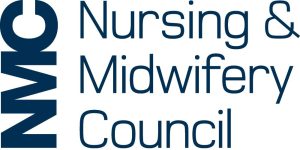 Nursing & Midwifery Council
Nursing & Midwifery Council
Course features
-
Professional accreditation
-
Professional practice placements
What you'll study
This course adheres closely to the six core values of the NHS. These values, enshrined within the NHS Constitution, have been developed by patients, the public and staff to inspire passion in the NHS, guide it in the 21st century, and provide common ground for cooperation in achieving shared aspirations.
Our MSc Midwifery degree is designed to relate the general skills from your nursing education to the specifics of midwifery.
Learn about reproductive physiology during pregnancy and childbirth, as well as potential complications and complex care needs. Explore maternity care in the broader context of the contemporary public health agenda, and find out more about leadership and change in health and social care.
You’ll explore research and evidence-based practice in maternal and neonatal health, which will introduce you to relevant research methodologies.
How you'll study
You will learn via a 50% split of theory and 50% midwifery practice components. Theory is taught through a blended learning approach with face-to-face seminars, lectures and tutorials, as well as skills taught in the clinical skills suite which are then utilised in clinical practice, complemented by online study. While the majority of face-to-face classes will take place at Edge Hill University, some modules may involve studying at sites other than Ormskirk in which case you will be responsible for travel and parking costs.
Practice will be undertaken in hospitals and community settings linked to Liverpool Women’s Hospital as well as other local providers. You will have a practice placement mentor who will support your learning and development on placements.
As midwifery care is a 24-hour activity you will be required to attend clinical placements on a shift basis, including at night and weekends. Some of your placements may be geographically dispersed and this will mean that you may be required to do some travelling. You will be responsible for travel and parking costs while on placement.
How you'll be assessed
Assessment in both theory and practice is continuous. Practice is assessed against national outcomes and you are required to demonstrate evidence of your achievement. Assessment of theory is conducted through a combination of assignments, seminar presentations, advanced notice examinations and a dissertation.
Who will be teaching you
Lectures are delivered by expert professionals with backgrounds as registered midwives, as well as specialists in other areas. The Midwifery programme team have extensive educational experience within maternity services. Their diverse research interests include positive birth experiences, care of vulnerable women, perinatal mental health, public health and health inequalities, and the exploration of pregnancy loss in the curriculum.
Entry criteria
You must have current registration with the Nursing and Midwifery Council as a Registered Nurse (Adult), as well as at least 12 months full-time (or equivalent) post-registration experience of general care.
You should have a degree equivalent to UK first-class or lower second-class honours (2:2 or above) in adult nursing. A DipHE in adult nursing is also accepted if you have evidence of study at level 6 or higher within the last five years.
GCSE English Language and GCSE Mathematics are required at Grade C or Grade 4 or above (or equivalent).
An interview forms part of the selection process.
If you accept an offer from Edge Hill you will need to satisfy the requirements of the Nursing & Midwifery Council in respect of physical and mental fitness and will be required to apply for a Disclosure and Barring Service (DBS) Enhanced Disclosure indicating that you meet the mandatory criteria of ‘Clearance to Work with Children and/or Vulnerable Adults’. Further information will be sent to you after you have firmly accepted an offer.
How to apply
This course is now closed to applications for March 2025.
Application links for March 2026 will be added when they are available.
Should you accept an offer of a place to study with us and formally enrol as a student, you will be subject to the provisions of the regulations, rules, codes, conditions and policies which apply to our students. These are available at www.edgehill.ac.uk/studentterms.
There’s plenty of opportunities to come take a look around campus. Attend one of our open days to see what life at Edge Hill University is all about.
Book an open day
Facilities
The Faculty of Health, Social Care and Medicine offers outstanding facilities for the education and training of health and social care professionals.
The contemporary teaching and learning resources include leading edge clinical skills facilities, an 860-seat lecture theatre, and a variety of teaching rooms and social learning spaces.
Where you'll study
Learning resources
The Clinical Skills and Simulation Centre offers a variety of simulated environments from home, through primary and emergency care, to secondary care and beyond. The flexible and adaptable facilities include a ward environment, operating theatre, an anatomy and ultrasound resource centre, a ‘Better at Home’ suite, clinical skills area and consultation rooms.
You will benefit from access to a wide variety of healthcare equipment, as well as a range of full-body patient simulators that can breathe, talk, have pulses and can simulate a wide range of symptoms and clinical conditions. This will enable you to undertake practical scenarios in realistic settings, providing ideal preparation for professional practice placements and future employment.
Finance
Tuition fees
If you are joining the course on a place commissioned by NHS England, your tuition fees will be paid on your behalf by the public body.
The University may administer a small inflationary rise in tuition fees, in line with Government policy, in subsequent academic years as you progress through the course.
EU/EEA and Swiss students who have settled or pre-settled status under the EU Settlement Scheme, as well as Irish nationals, may be eligible for the UK tuition fee rate.
Your future career
As a registered midwife, you’ll have a wide choice of career options. The different settings where you could work include:
- NHS or independent-sector hospitals
- local community clinics
- birth centres
- children’s centres
- GP surgeries
Many of our graduates work on antenatal, labour and post-labour wards, and in neonatal units. Alternatively, you might go on to work in education, counselling, research, specialist practitioner roles and management.
Course changes
Every effort has been made to ensure the accuracy of this information, however our courses are subject to ongoing review and development. Changing circumstances may necessitate alteration to, or the cancellation of, courses.
Changes may be necessary to comply with the requirements of professional bodies, revisions to subject benchmarks statements, to keep courses updated and contemporary, or as a result of student feedback. We reserve the right to make variations if we consider such action to be necessary or in the best interests of students.
